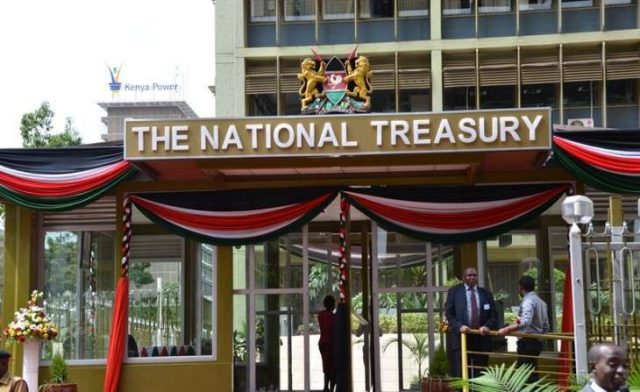
When Ministry of Finance Cabinet Secretary Ukur Yattani, directed county governments to settle all their pending bills after disbursing cash to facilitate the process. This decision was largely informed by the cry of suppliers who had done business with the government but had plunged into irrecoverable debts over five years later.
The government has been unable to settle pending bills worth Ksh88.9 billion. The office of the Auditor-General only approved Ksh51 billion for payment after a special audit and as of January 8, the government only paid Ksh 30.3 billion and was left with an outstanding Ksh 20.9 billion
Despite the directive, some county governments adamantly refused to compensate suppliers, in the name that the Treasury had not allocated enough money to cover these debts that amount to millions of shillings. These suppliers leveraged on media to cry loud enough to attract the attention of the same government that had been frustrating them, forcing it to act. As the government starts settling the pending bills, suppliers will be forced to wait much longer following a proposal by the National Assembly’s Budget and Appropriations Committee (BAC) that will see their dues converted to long-term State debt.
“The committee recommends that pending bills that have been established as legally payable and above Sh500 million be settled through a long-term instrument including establishment, where necessary, of debt swaps for intergovernmental bills,” said Kimani Ichung’wah, chairman of BAC
This plan is set to ease cash flow constraints that the National Treasury is facing, by reducing the amounts needed to settle the debts and at the same time extending the period it will take to make payments. Suppliers will then have assets in the form of financial instruments that will be earning interest over time, which they can trade in the capital market.

